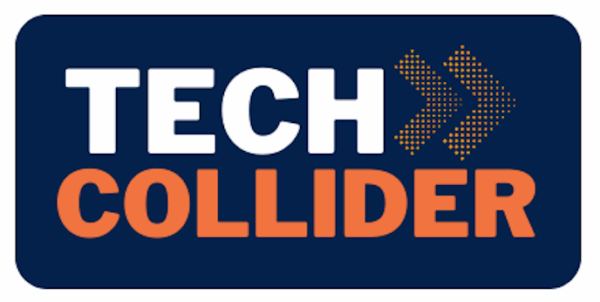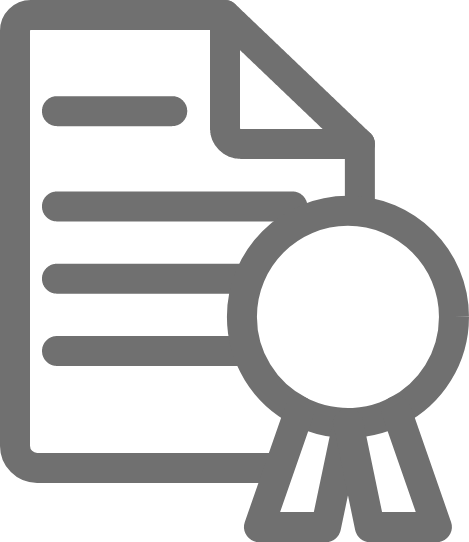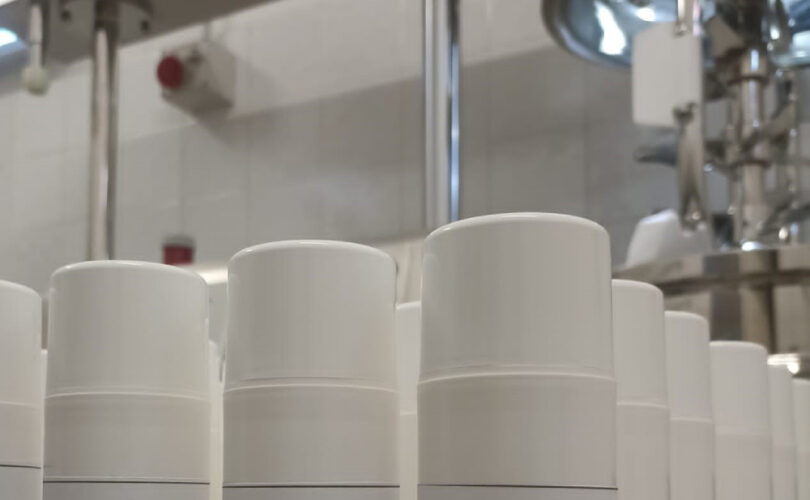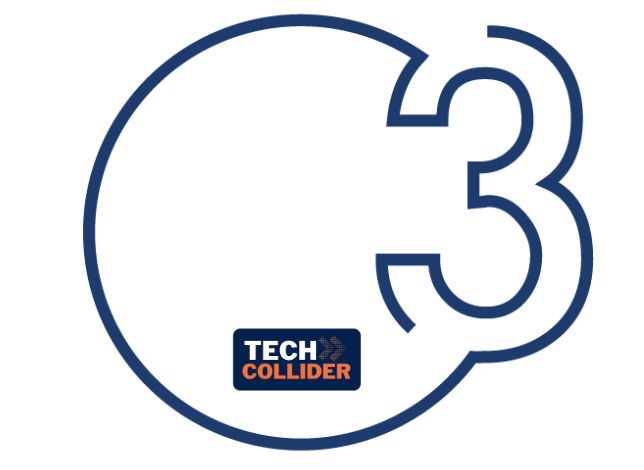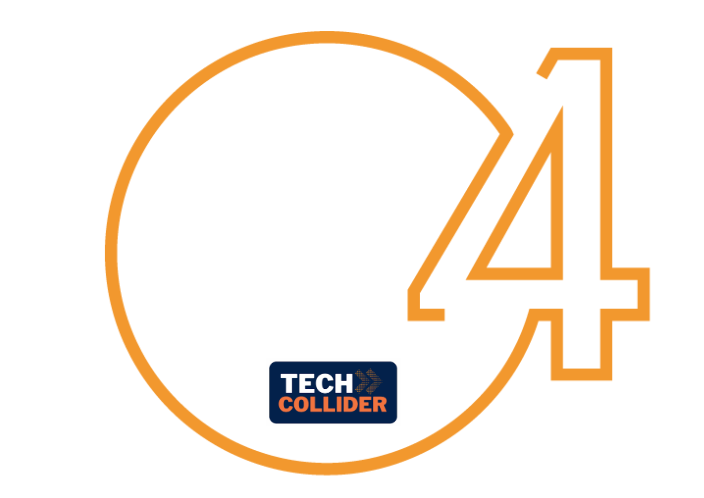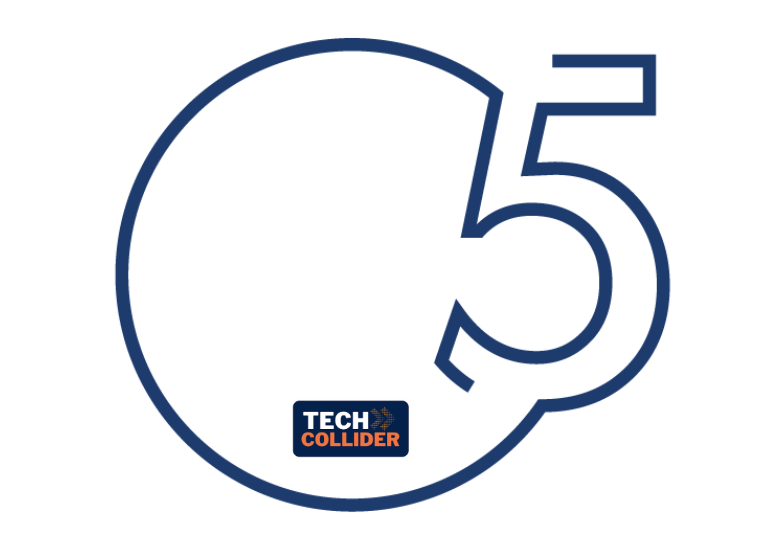The study of the effects of antipsychotics in the treatment of primary neuropsychiatric disorders led to their off-label use in dementia, regardless of the differences between primary and secondary disorders in terms of neuropsychopathology and, consequently, of drug efficacy and safety. The categories of drugs currently used (even off-label) and most studied in clinical trials for the management of agitation in dementia are as follows: drugs for the therapy of cognitive decline (acetylcholinesterase inhibitors and memantine), classic and atypical antipsychotics (e.g. haloperidol, olanzapine, perphenazine, risperidone); antidepressants (eg, tricyclic antidepressants, trazodone and venlafaxine and selective serotonin reuptake inhibitors, such as sertraline and, more recently, citalopram and escitalopram); anticonvulsants and mood stabilizers (e.g. carbamazepine, gabapentin, valproic acid); finally, benzodiazepines such as lorazepam. Furthermore, due to the involvement of multiple neurotransmitter systems in dementia-related agitation, an investigational new drug, lumateperone tosylate, is under investigation because it possesses several potentially useful pharmacological mechanisms. Only the antipsychotic risperidone is approved for treatment, but no longer than 6 weeks due to doubled risk of death (Schneider et al., 2005, JAMA: 294(15):1934-43). Aromatherapy with an essential oil with powerful analgesic activity is a very useful approach for the control of agitation (Scuteri et al., 2017, Evid Based Complement. Altern. Med. eCAM, 2017, 9416305). However, aromatherapy has not provided robust evidence of efficacy due to methodological biases (Ballard et al., 2009, Nat Rev Neurol 5(5):245-55).

